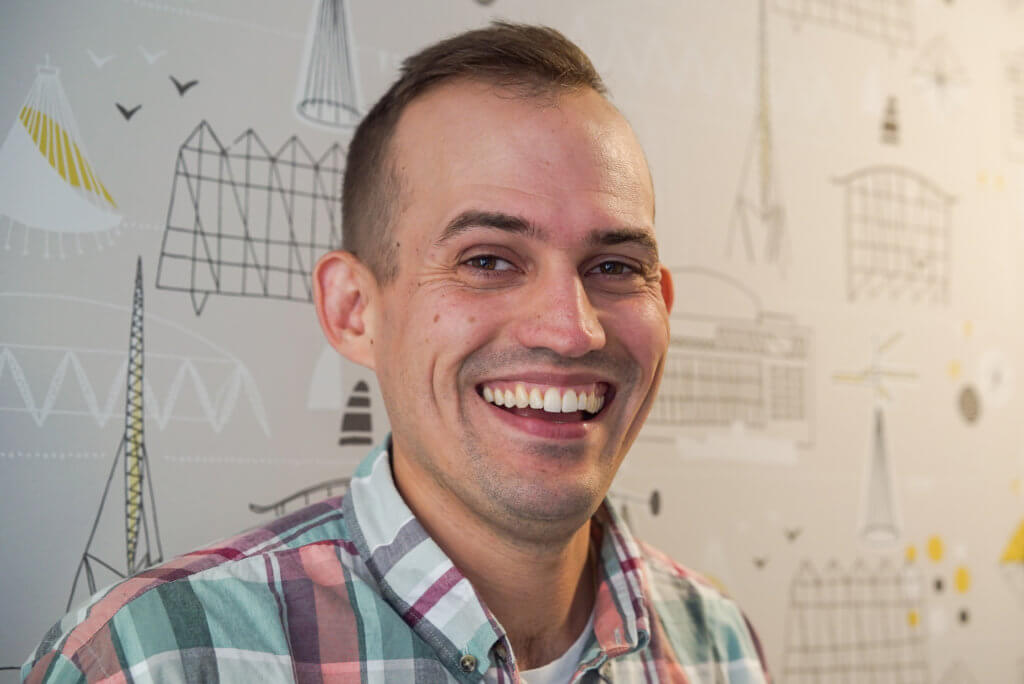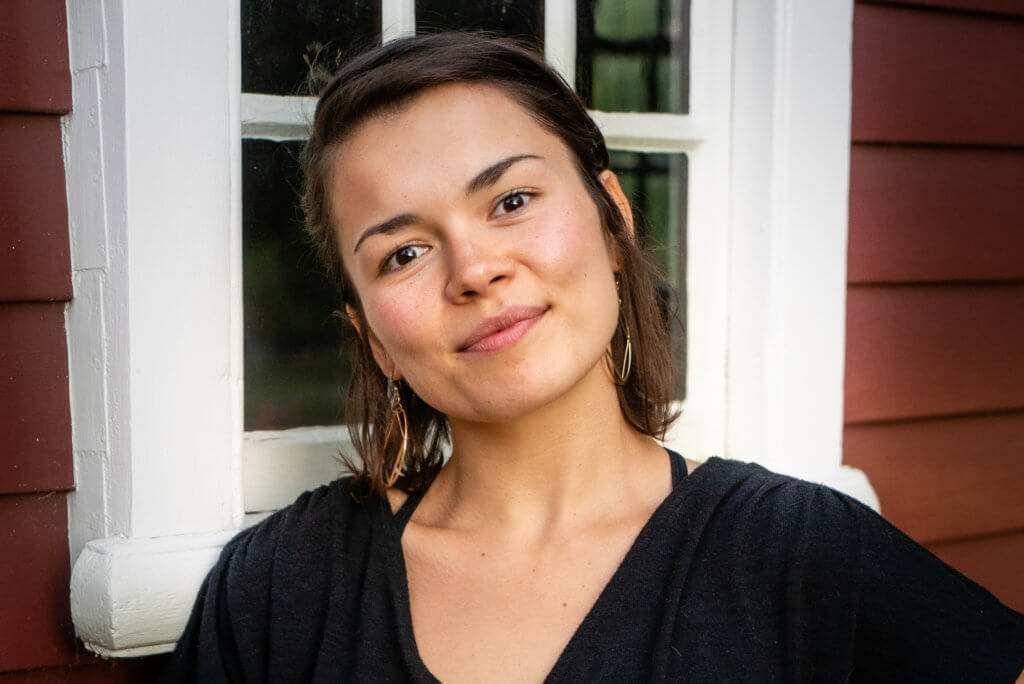Episode
Highlights
SH*T PORTUGUESE PEOPLE SAY
Six or seven years ago my Uncle Joe sent around this email to my whole family, and in it he says, “You guys gotta check out this video.”
Actor 1: E um large potato French fry, e um shicken McNugga. Actor 2: Hi, yes. Can I have a large diet, black soda with white ice, please?

Derrick DeMelo and Brian Martins in character in one of their early videos. | Photo: Screenshot from YouTube
GROWING UP PORTUGUESE
“Sleeping over a friends house. My parents never let me do that. It’s just foreign to them. They’re like, ‘No. we don’t trust other people.’ Simple as that. ‘No sleepovers for you.’ Put it this way: just because everyone is doing it, has no consequence to my parents. They don’t care about me looking uncool. To them it was like, ‘Who cares?'”
—DeMelo
“I used to mimic my grandmother a lot. And my grandmother lived with us for a time before she passed away when I was young. And she wore dentures. And I remember that’s one of the things that I’d try to do—take her stuff. And she had big, thick glasses.“
—Sardinha
LUDICROUS SPEED
“Once in a while we would throw in these pieces called “Portuguese Americana,” which were probably our most popular.”
—Martins
“I remember being in Derrick’s bedroom in his mom’s basement. And he’s like, “Uh, guys, uh, we’re not going to keep going. This is gonna end. We’re not gonna do ‘Ludicrous Speed’ anymore. This is gonna be the end.”
—Sardinha

From left to right, Al Sardinha, Derrick DeMelo, and Brian Martins perform on stage | Photo: Henrique Mano
COMEBACK KIDS
Fifteen years on, this is their full-time job. Al, Derrick and Brian split their time 50/50 between Fall River and traveling to shows at theaters and Portuguese clubs around the U.S., in Canada, and even to Australia and Portugal: wherever there are Portuguese people, they go.


